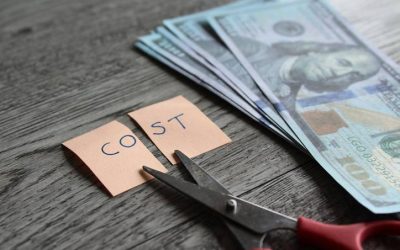
After preparing for months to put on the perfect trade show expo, last minute missteps can create unnecessary stress and frustration in an already high-pressure situation. As a rule, any planner knows that something will go wrong at some point during the trade show, there simply is no way to prevent or predict such an inevitability. The best thing to do is to prepare for every scenario while remaining optimistic that precisely detailed plans were not made in vain.
Defining the Unforeseen
Last minute hiccups happen no matter how diligent a company followed their trade show checklist. Whether it’s a printing mishap, a sick salesperson, travel delays, or something entirely preventable but overlooked, Murphy’s Law strikes when it is least convenient. Unfortunately, there is no way to prevent these issues from arising, but you can plan to tackle them head-on at the first sign of trouble. Every day at a trade show is an experiment to see what marketing methods are most successful with the target audience, and what is discovered in practice might be strikingly different than what was theorized during the planning stages of the event. A smart organizer will be equipped to handle the worst scenario possible, understanding that contingencies occur no matter how much effort is put into preventing them, and that preparedness strategy usually means readily-available, disposable capital.
Provide a Cushion
When budgeting for a trade show, make sure to account for what might happen just as readily as you ration out every expense necessary for a successful expo. Planning for what cannot be predicted is arguably more important than creating a budget based in absolutes. Situations arise constantly that require quick problem-solving to prevent further disaster, and it is necessary to account for those possibilities. Padding your financial plan will prevent unforeseen stress and last minute setbacks, which may affect the profitability of your expo. Ideally, putting as much money as possible aside for emergencies is the goal, but for a cash-strapped trip or a budding business, expendable income might not be as readily available. In order to prevent a problem that can’t be solved, set aside a decided amount of money in the trade show budget, think of it like a security deposit.
Bobbing and Weaving: The Art of Plan C
A trade show is susceptible to change, meaning that in order to be successful, a company must be adaptable and willing to alter their methods for success depending on what is proving to be effective in practice. Flexibility is key to ensuring a favorable outcome for your expo, as business plans and outlines will be reliant upon the atmosphere of the event and the attitudes of the expo-goers.Whether it’s a last minute decision for catering, a captivating trade show booth rental, or if it takes a rush order at the local print shop to save your day, there is no way to ensure success without a little financial padding.






